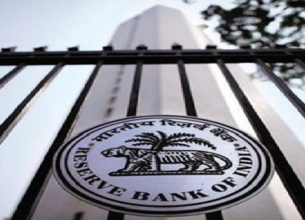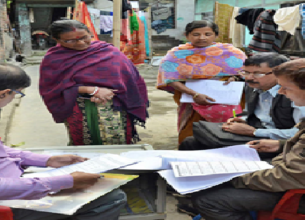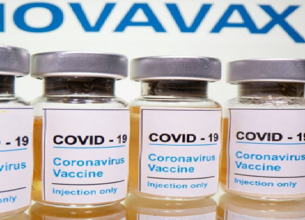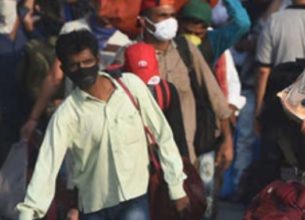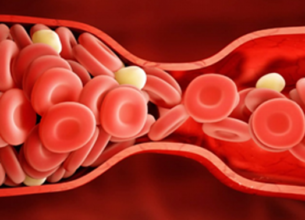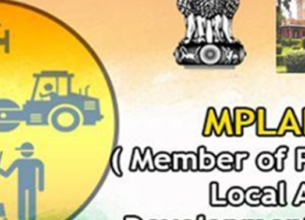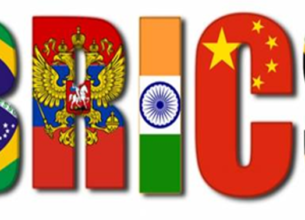CENTRE PLANS CLASSES IN DISTANCE MODE
04, Apr 2020

Prelims level : Policies
Mains level : GS-II Issues relating to development and management of Social Sector or Services relating to Health, Education, Human Resources.
Why in News?
- Since many schools have been shut since early March due to the COVID-19 pandemic, even before the countrywide lockdown, the Centre is planning to start the next academic year virtually.
Key Points:
- This means that the new academic calendar will begin as usual in April for classes 9 to 12, though the last academic year may have been somewhat truncated, with examinations postponed in some cases including the CBSE exams for classes 10 and 12.
- Recently, it has been decided that the CBSE will conduct exams only for the main subjects: required for promotion or may be crucial for admission in higher educational institutions.
- The Centre plans to restart classes in the distance mode, with teaching via dedicated TV and radio channels in English and Hindi.
- There is an existing program, Swayam Prabha, which is a group of 32 DTH channels devoted to telecasting high-quality educational programmes on 24X7 basis using the GSAT-15 satellite.
- National Institute of Open Schooling (NIOS) has been asked to create a structured programme for schools class-wise. This is being done along with the National Council of Educational Research and Training (NCERT) using their syllabus.
- The material will be ready for use by schools following the NIOS or the Central Board of Secondary Education (CBSE) syllabus.
What about the State Boards?
- Digital Infrastructure for Knowledge Sharing (DIKSHA)mobile app has been offered to States as a platform to provide content in Local Languages.
- If States are willing to produce the content in local languages, the Centre can give them 2-3 hours on the channel.
- Diksha Portal was launched by the Ministry of Human Resource Development (MHRD) in 2017 for providing a digital platform to teachers giving them an opportunity to learn and train themselves and connect with the teacher community.
- It is built considering the whole teacher’s life cycle – from the time student teachers enroll in Teacher Education Institutes (TEIs) to after they retire as teachers.
- States, government bodies and even private organisations, can integrate DIKSHA into their respective teacher initiatives based on their goals, needs and capabilities.
- It also provides access to NCERT textbooks and lessons, following the regular school curriculum.
About National Institute of Open Schooling (NIOS):
- NIOS, formerly known as National Open School (NOS) was established in November, 1989 as an autonomous organisation in pursuance of National Policy on Education 1986 by the Ministry of Human Resource Development (MHRD).
- NIOS provides a number of Vocational, Life Enrichment and community oriented courses besides General and Academic Courses at Secondary and Senior Secondary level.
- It also offers Elementary level Courses through its Open Basic Education Programmes (OBE).
- Government of India has vested NIOS with the authority to examine and certify learners registered with it upto pre degree level courses whether Academic, Technical or Vocational.



